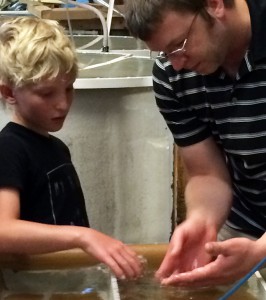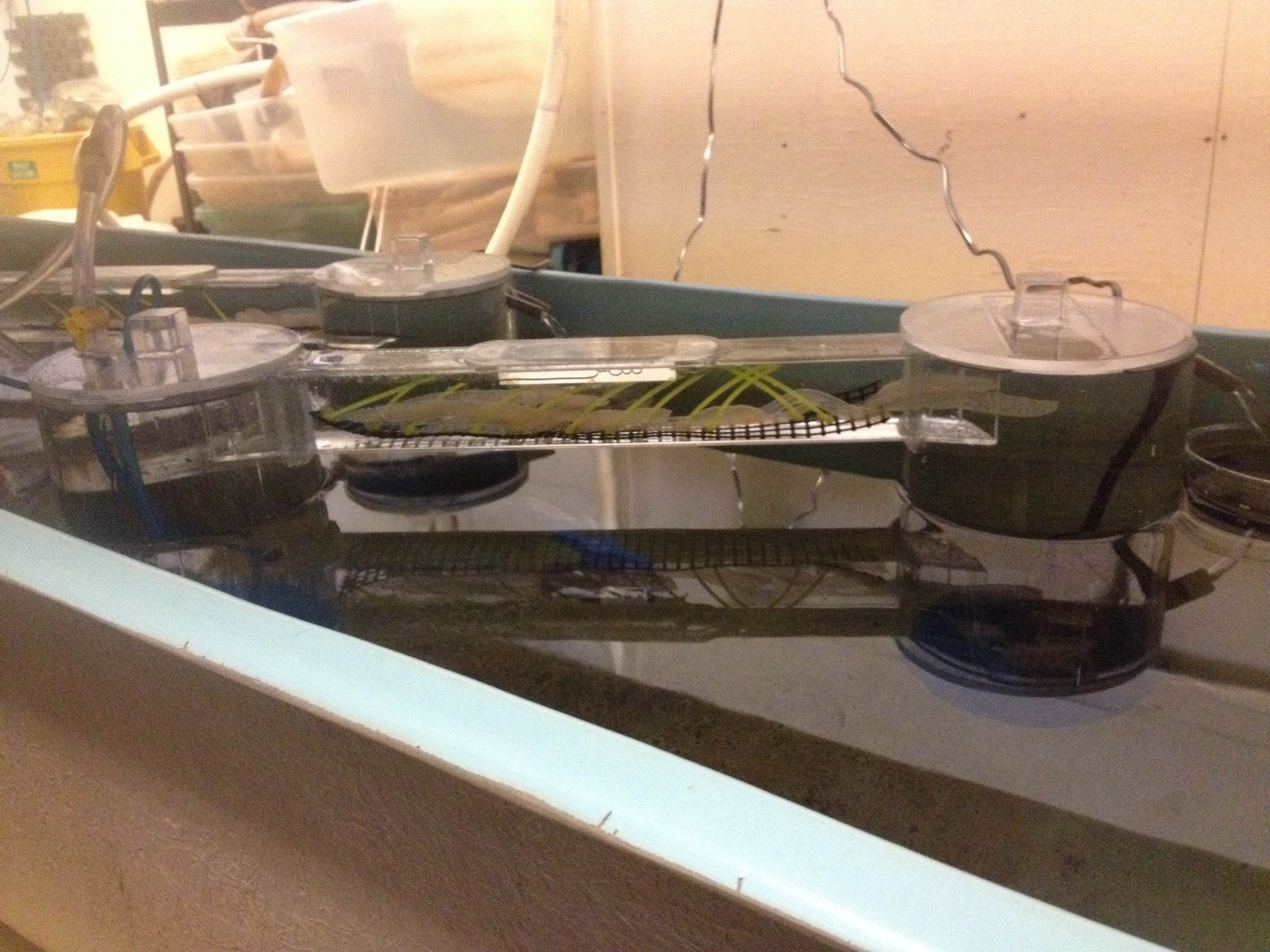Environmental and activity level influences on metabolic physiology for keystone marine invertebrates
Ectothermic marine invertebrates, such as cephalopods, occupy the largest habitat on the planet. Their environment changes on multiple scales (diel, tidal, seasonal) and faces longer-term climate-related stresses. Determining how vital life stages respond to current and future ocean conditions is essential to understanding their ecophysiology and overall ecosystem function. Changes in available oxygen and decreasing ocean pH are causes for substantial concern given their potential impacts on marine organisms and the ecosystems they support. Young, developing organisms are particularly susceptible, with effects such as impaired development and metabolisms shown for a variety of species. Despite concerns regarding future ocean conditions, there is little understanding of the natural physiological rates, activity patterns, and baseline environments to which organisms are adapted. This research will examine squid embryonic development to determine their metabolic, developmental, and behavioral responses to changes in oxygen, pCO2, temperature and potentially-alleviating local currents. This work will couple novel in situ analyses of activity patterns and conditions in breeding and larval development areas with multi-stressor laboratory studies to determine the physiological and behavioral mechanisms that drive their responses.The research will utilize novel biosensors and in situ sensing platforms to quantify the combined eco-physiological and behavioral activity mechanisms that control vital rates in ectothermic marine invertebrates, their potential adaptive responses and impacts due to changing ocean conditions in the animal’s natural environment.


Partners/Collaborators
This is a joint project with Aran Mooney (Biology, WHOI).